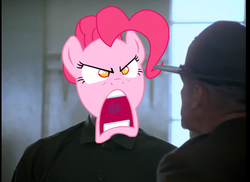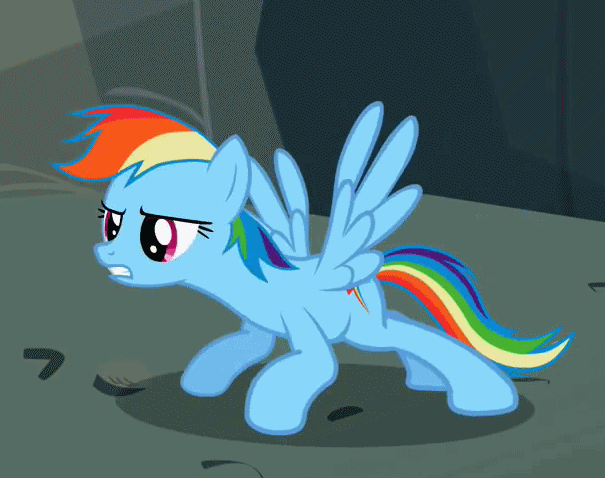I gave it a read because as a fanboy any discussion on Star Wars is interesting to me, so thanks for posting it, but I'm not buying the arguments presented.
From the article:
“[The repeated patterns] also allow, through variations, an emotionally and intellectually complicating emphasis upon difference and change. The broad pattern of human life, from youth to maturity to death, remains constant, but individual circumstances within the pattern inevitably differ, creating different possibilities and problems.”
To me, this passage literally says "Life is the same but different for each person."
Recognitions of broad patterns in human history aren't new either. Regardless if Lucas came up with his narrative structure independently or via the generous over-analysis of critics, fans and intellectuals, it fails to elevate Star Wars with some hidden artistic and dramatic cachet reserved for those who can recognize it.
I would also like to add that even if you're following the shot-by-shot analysis at face value, the comparison between ROTS and ROTJ is a wild stretch in both tone and structure.
Also from the article:
"It also allows us to gain a much greater understanding and appreciation for the films, and gives us a deeper sense of the magnitude of Lucas’s accomplishment."
Even if I accept that he carefully composed the films as such, his materials were still poor. Like constructing a mansion out of styrofoam and bubble-wrap. Impressive structure, lousy materials.
Interconnectivity be damned, he failed to make good films. For myself, this doesn't detract from the two *great* films he made, or the cultural event that was the OT; but I'm not swallowing all this post hoc, pseudo-intellectual praise I see heaped on the "complex, hidden structure".






 I'm sorry.
I'm sorry. 




